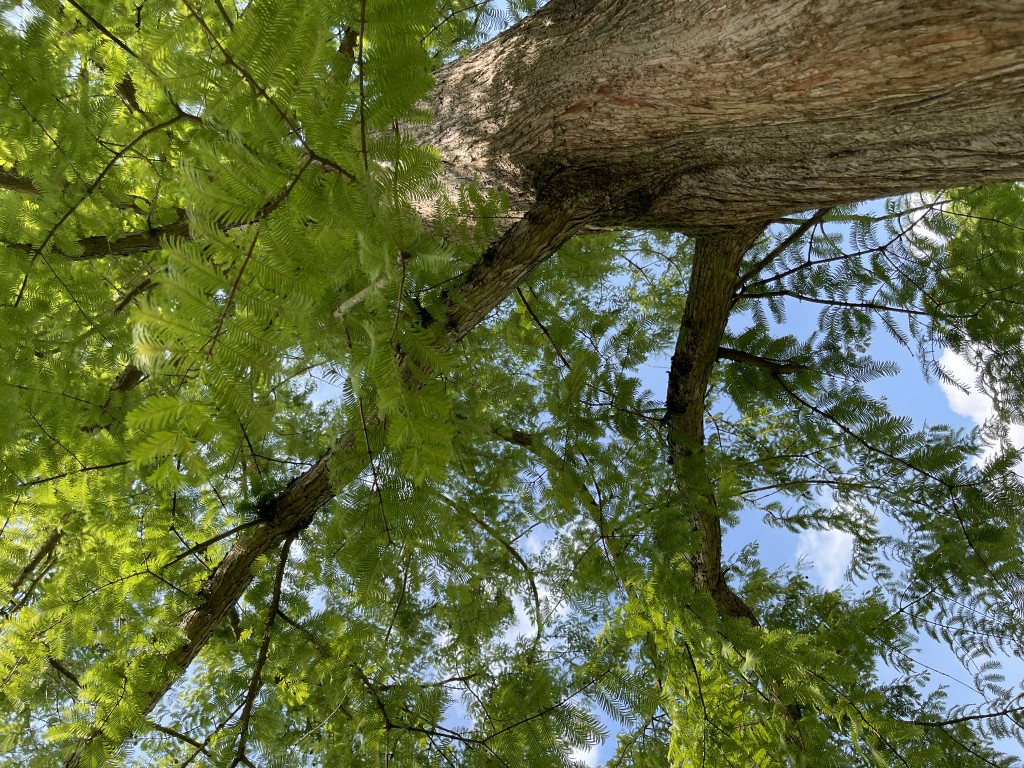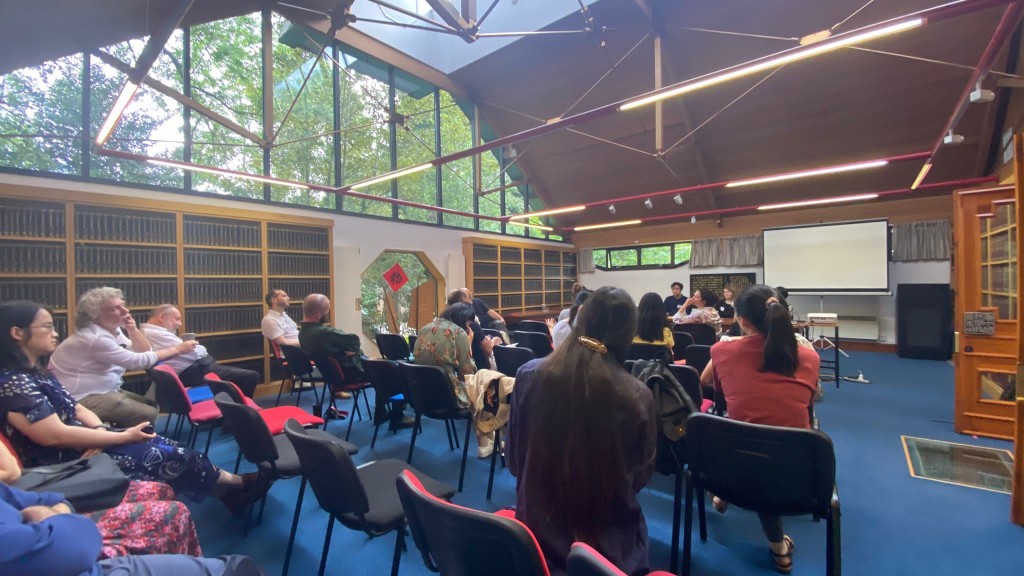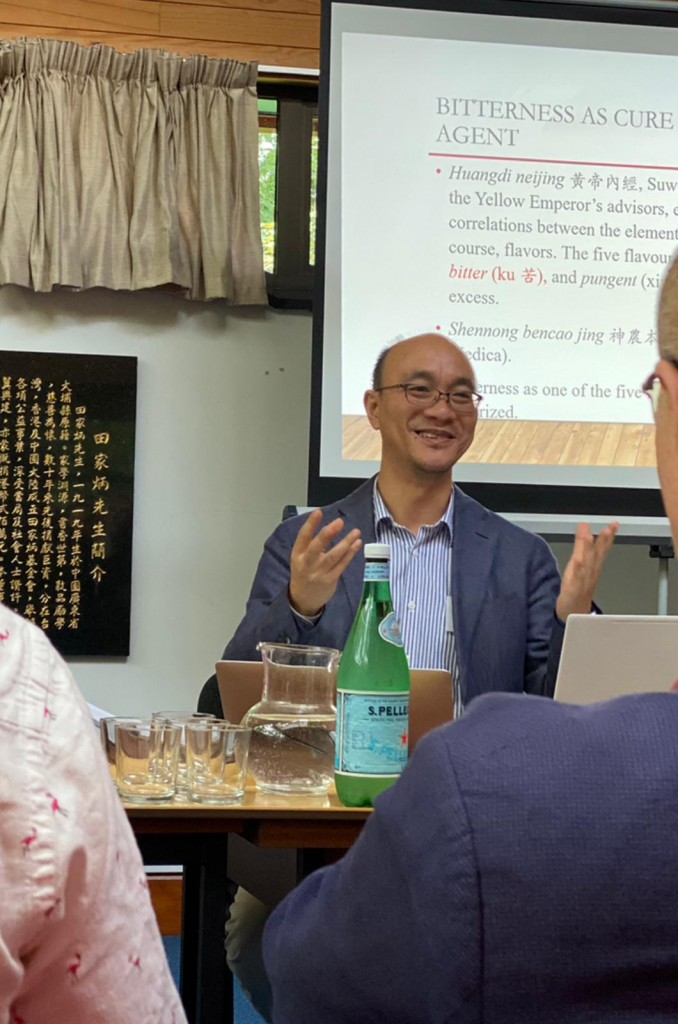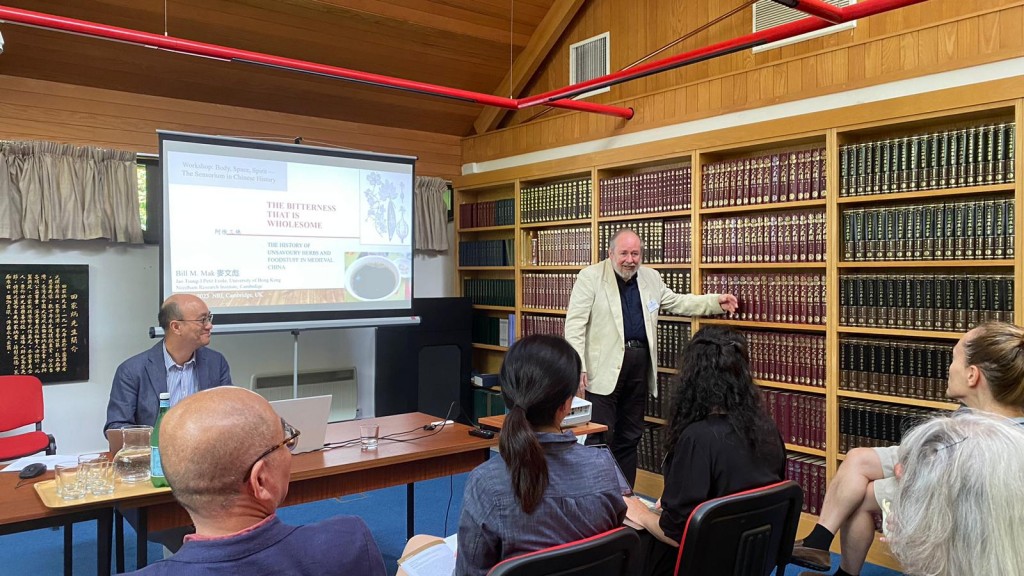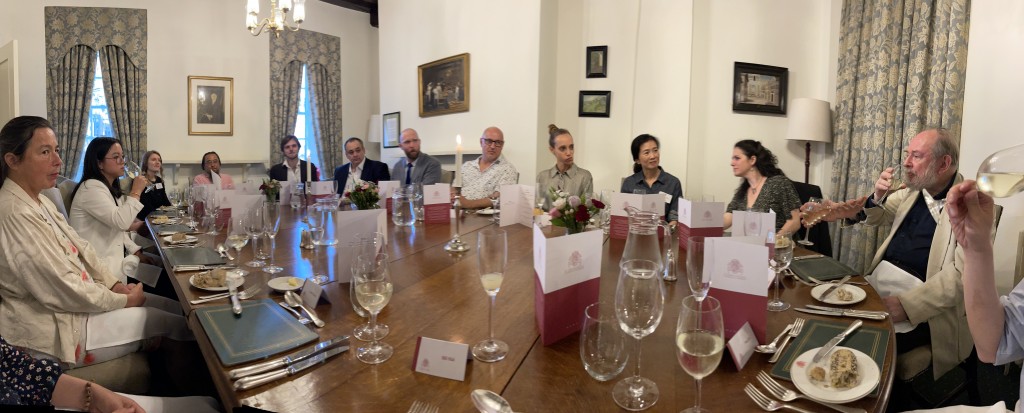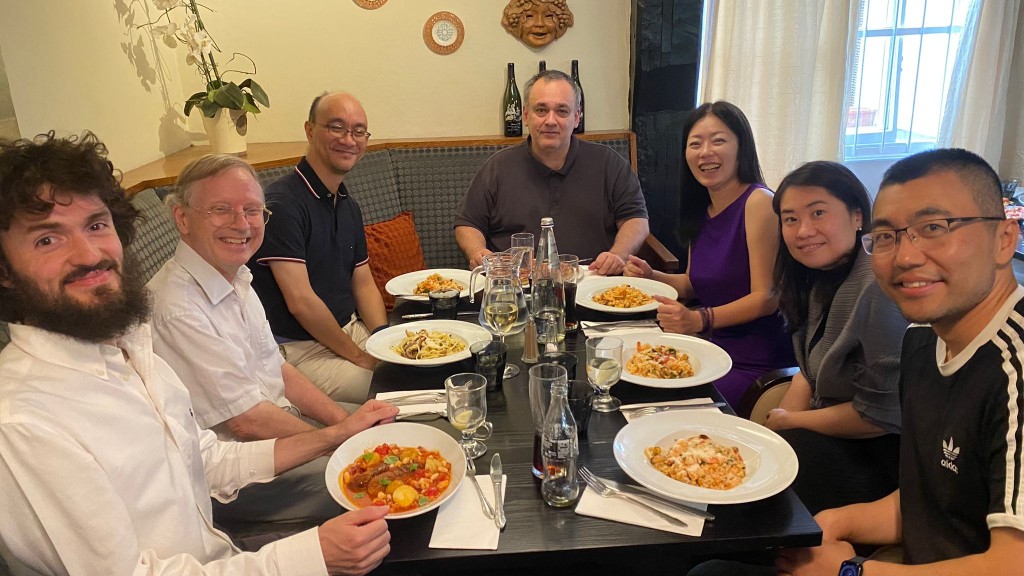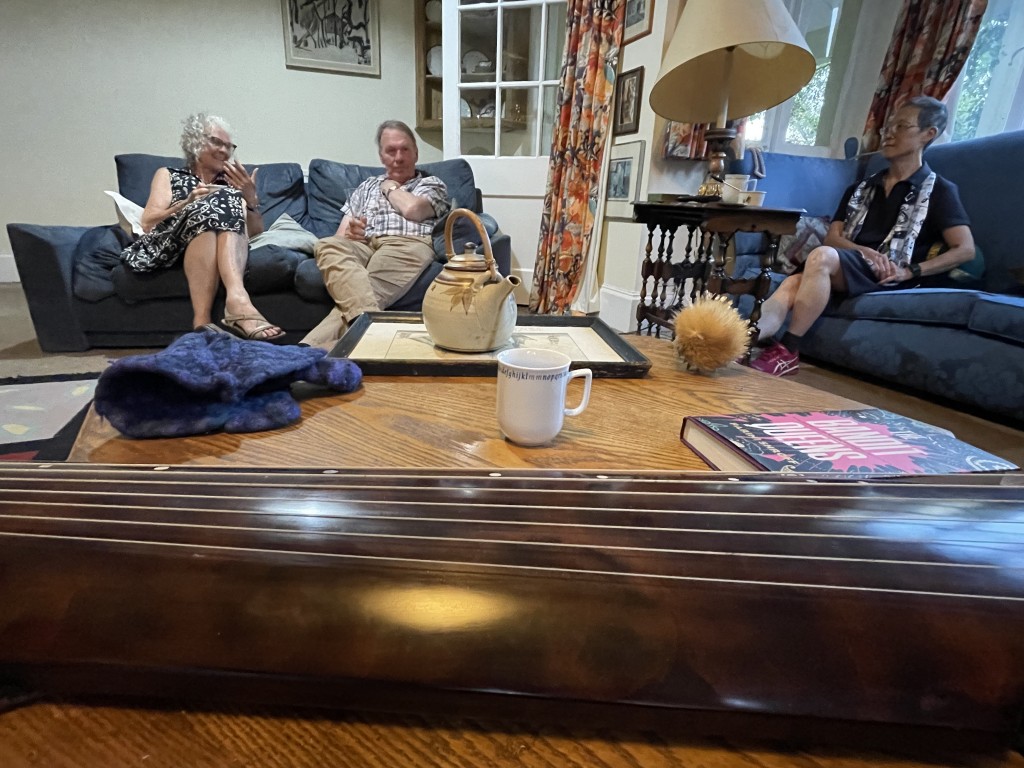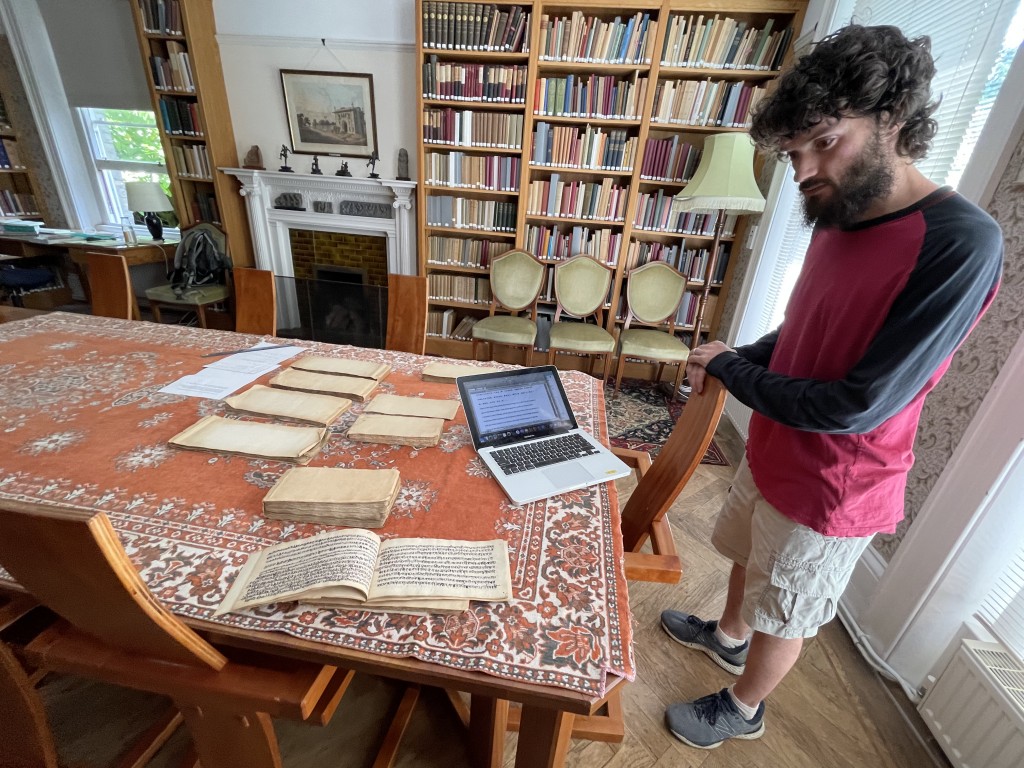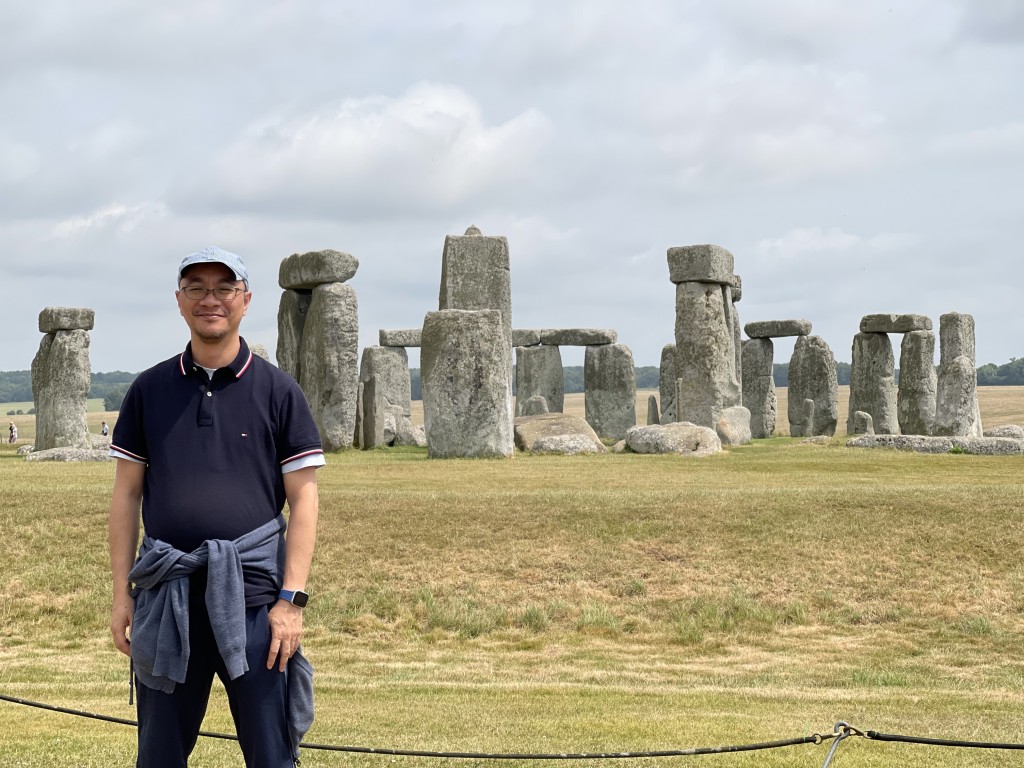The 2023 summer begins with a very interesting workshop held in Cambridge, at the Needham Research Institute (NRI), where I was a Research Fellow prior to my joining of the ISF Academy in 2022. The workshop was titled “Body, Space, Spirit: The Sensorium in Chinese History”. The organiser was Dr. Flavia Xi Fang 方希 and Dr. Avital Rom. Flavia recently received her PhD degree for her research in ancient aromatics on the Silk Road under the supervision of Prof. Imre Galambos. There are some interesting connections here. While at NRI, I came to learn about the ISF Academy because of the works of Dr. Wu Huiyi 吳蕙儀, who was then the ISF Fellow at the institute as part of the ISF Shuyuan Program. Discussion with Huiyi sparked my interest in the kind of creative, transdisciplinary research that ISF students were capable of. Such kinds of research seem impossible for university students, or even scholars who are highly specialised but limited to their fields. Back in 2020, I organised a transdisciplinary workshop titled “China, India, and Iran – Scientific Exchange and Cultural Contact,” bringing together a dozen scholars from three organisations – NRI, Ancient India and Iran Trust (AIIT), and Faculty of Asian and Middle Eastern Studies (FAMES) of the University of Cambridge. The workshop was planned for September, 2020, but had to be postponed due to the pandemic. Thanks to the support of the sponsors and many scholars, it was successfully held on October 8-9, 2021. From the University of Cambridge (see report on p.5 here). The main supporters were Robinson College, where I was a Bye Fellow, Prof. Galambos, Professor of Chinese at FAMES, and Prof. Mei Jianjun, Director of NRI. Flavia was recruited as a volunteer to assist on the organisation of the workshop. She also presented a paper based on her thesis, which she was about to defend. In March, 2023, Prof. Galambos took part in the “Needham Forum” which took place at HKUST and we took the opportunity to invite him to give a talk at ISF. The talk, titled “Students in Dunhuang during the Ninth and Tenth Centuries,” were well attended by teachers from both Primary and Secondary Schools, together with a handful of enthusiastic parents and students. Now, the one who invited me to join the Cambridge workshop was none other than Flavia herself. Both Flavia and Avital are students of Prof. Galambos.
The topic I have chosen for the talk was “The Bitterness that is wholesome — The history of unsavoury herbs and foodstuff in medieval China.” Originally, I planned to speak on astronomy, a field that I was much more familiar with. Due to an unexpected shift of research interest, I have turned my research focus to herbs, trees, and plants in general. While ploughing through the sixth volume, part 5 of the Science and Civilisation in China (SCC) sitting on the bookshelf in my A9 office, I was struck by the Chinese obsession with bitter herbs or bitterness at large. Weekly conversation with Ms. Shan Ning, Principal of ISF Academy, Primary School, and other Chinese teachers gives me the impression of the Chinese faith in the virtue of hard, bitter work (xia ku gong 下苦功)! My paper was an exploration of the possible origin of this rather unique Chinese understanding of bitterness, both as a healing taste and a bitter take of meaningful, virtuous life! In the paper, I tried to look for answers both in the Taoist tradition of quietism and the FourNoble Truths in Buddhism, which begin with suffering (Skt. duḥkha), translated into Chinese always as bitterness (ku 苦)!
During my time in Cambridge, I was able to meet up with many scholars and colleagues, among whom, the always inspiring and humorous Prof. Tim Barrett, who is certainly not unfamiliar with many of my Hong Kong colleagues. Another senior scholar I enjoyed very much meeting with was Prof. Margaret Cone, scholar of Pali language and author of three massive volumes of the PTS Dictionary of Pali (up to Bh). Though I had always wanted to read some Pali texts with Margaret, every time we meet we ended up talking about something else, mostly about poetry, from John Dunne to the Tang poets. The visit to the British Museum and British Library was a great delight, as always. I was able to work on my book as well, benefiting from the wonderful library of the NRI. While I was there, I ran into my ISF colleagues, Malcolm, Diana, and Sarah, who were running the Oxbridge program for the advanced students of the ISF Shuyuan program. Before I left the UK, I had to retrieve my guqin which accompanied me during my sojourn in Cambridge. Dr. Joan Greatrex, scholar of Medieval Church history and also Fellow of the Robinson College, kept my guqin in her locker for over a year already. Joan, though in her 90s, was very active. I also met up with her son, Prof. Geoffrey Greatrex, Professor of Classics at the University of Ottawa. Geoffrey and I knew each other for decades through Esperanto since being a linguistics undergrad at McGill in the 90s. Geoffrey is in fact now the president of the Canadian Esperanto Association and is a very active in the Esperanto-speaking academic circle. When I was invited to deliver a lecture on the “Sciences of the Silk Road” at the 73rd Internacia Kongresa Universitato (IKU) during the 105a Universala Kongreso de Esperanto in Montreal, August 2022, Geoffrey was the host who introduced me!
My pragmatic, utilitarian Hong Kong friends may wonder what the usefulness of such meetings are other than just friendly chitchat and lots of beverage. One of the secrets of a successful career in research and academia in general is becoming part of a scholarly network. Not only is it useful to have friends among fellow scholars who know what you are doing because of peer review and career advancement, it is important to know what others are doing. Even when there are differences of opinions, it is vital to know what they are. In case multiple scholars are pursuing a “hot topic” simultaneously, communication is all the more important in order to have a division of labour and to avoid repeated work. Last but not least, I would appeal to the concept of uselessness once again. I did not think that my work would connect to those of other scholars through Esperanto. In my 2014 monograph dealing with my discovery of a Chinese translation of Dorotheus’ first-century astral text, the Italian scholar Prof. F. A. Pennacchietti who helped me with the Syriac content was known to me through Esperanto!
At present, I am completing my book project titled “Foreign Astronomy in China — From Six Dynasties to Northern Song”, to be published within this year with Routledge as part of the NRI monograph series. The project was delayed due to pandemic and other reasons. As an incentive, Prof. Cullen thought that the trustees would organise a trip to the Stonehenge after my book is published. A draft of the key chapters have been submitted to series editor and just some weeks ago I received the reviews of two reviewers. I couldn’t resist the beautiful English countryside during one of those rare beautiful summer days and I made a trip to the Stonehenge and to Bath before I returned to Asia.

